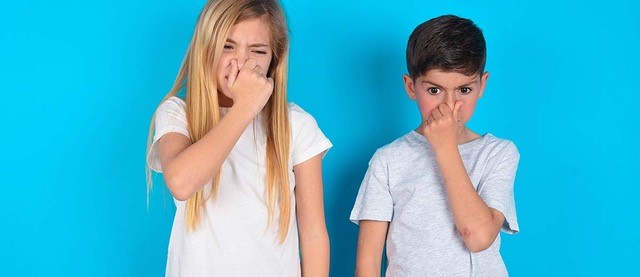One of the most effective ways to ensure health and happiness is by practicing good personal hygiene. Hygiene refers to a set of practices that are essential for maintaining good health and preventing the spread of diseases. It involves taking care of oneself by regularly cleaning and caring for the body and keeping the surroundings clean and free from harmful germs and bacteria. Kids depend on their parents for good hygiene while they are young, but as they grow older, students must acquire hygiene habits independently. The role of school nurses in promoting and teaching good hygiene practices plays a significant factor in supporting optimal student health and well-being in school communities.
Maintaining cleanliness is crucial to prevent the spread of harmful diseases, leading to fewer school absences and better learning outcomes. According to the Centers for Disease Control and Prevention (CDC), multiple diseases and ailments can be prevented by maintaining proper self-hygiene and frequently washing parts of the body and hair. Good personal hygiene also helps to boost confidence and self-esteem by eliminating issues such as bad breath and body odor. The human body simply performs and feels better when clean and healthy.
How Often Is Enough?
The American Academy of Dermatology suggests bathing once or twice a week is generally sufficient for children aged 6 to 11 unless they are sweaty or dirty from play or other activities.
Once puberty hits, students should shower or bathe at least once daily (with soap!) and after sports, swimming, or heavy sweating. It’s also recommended that adolescents wash their face twice daily, and hair should be washed regularly to prevent the buildup of oils and bacteria.
Puberty
During puberty, hormone changes stimulate the apocrine sweat glands to increase their production. The sweat, bacteria, and dead skin cells can accumulate on the skin, leading to an unpleasant odor that students are often unable to smell on themselves. To prevent body odor, students should shower or bathe daily with soap, paying particular attention to washing their armpits and groin area. If a student participates in athletics, a second shower or bath may help prevent unwanted smells.
Deodorant Usage
While there is no “right” age to begin applying a deodorant or antiperspirant to address body odor, typically, by age 10 or 11, these types of body care products can start to be beneficial for kids’ hygiene habits. In the case there are concerns about aluminum in antiperspirants, the American Academy of Pediatrics (AAP) recommends a deodorant that contains baking soda or cornstarch to help mimic the moisture-limiting effects of antiperspirants.
The subject of personal hygiene can be both delicate and sensitive. Still, due to the potentially significant social and health implications of poor hygiene, it’s an issue that cannot be ignored. Cultural differences may require awareness and understanding, or family situations could make access to personal care items and habits inaccessible. The school health office can be a safe place to address concerns and provide resources and supplies - things like soap, shampoo, deodorant, washcloths, and toothpaste. By making hygiene part of the regular health curriculum and collaborating with other school staff, including counselors or social workers, school nurses can promote and support healthy hygiene habits that will create healthy and safe learning environments for all students. As the saying goes, “Hygiene is two-thirds health.”





